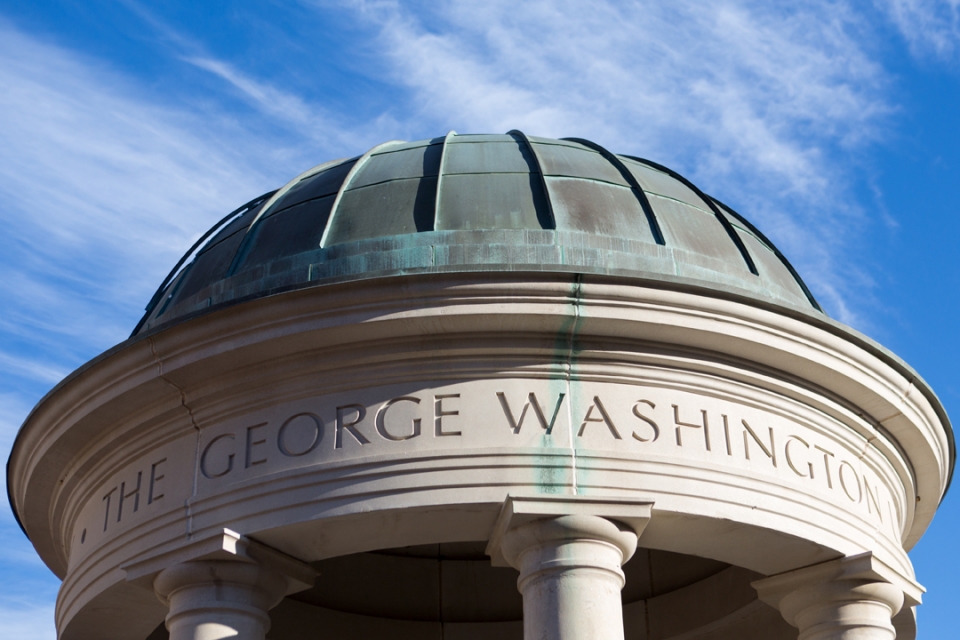George Washington University President Thomas LeBlanc announced Thursday a reporting change to align academics and research. The Office of the Vice President for Research, which previously reported to the president, will move under the provost and executive vice president for academic affairs.
“The university has made huge strides in increasing our research footprint. Our impressive researchers are operating in disciplines across the university, from arts and the humanities to science and engineering to medicine and health,” Dr. LeBlanc said. “I am appreciative that Provost [Forrest] Maltzman has agreed to take on the responsibility for research. A closer alignment between education and research is critical for fulfilling our mission.”
GW invests in promising areas of scholarship and research to make a global impact and foster discoveries and creative expression of its faculty and students. The university will continue to build on the progress already made and explore new ways to support research.
“This reporting structure is aimed at advancing the university’s strategic mission of enhancing the relationship between academic and research enterprises and strengthening support for principal investigators,” Dr. Maltzman said.
The university will launch an internal search to fill the vice president for research position, currently held by Leo Chalupa, who previously announced he would step down.
The reporting change will be effective July 1.
GW aspires to preeminence as a comprehensive, global research institution and has made strides toward that goal in the past year. This spring, GW leadership began to work with the Faculty Senate’s Committee on Research to develop a set of action items and metrics to ensure the university is advancing the research contributions that students and faculty are making every day.
In late 2017, the university increased funding for internal research grants. This funding—for individual and multidisciplinary projects—is especially important for faculty in fields in which research funding is relatively scarce, such as the humanities. OVPR also has identified and is currently implementing a new electronic research compliance system that will streamline existing operations.
Through this realignment, the university hopes to enhance opportunities for GW students to expand their education canvas by working and publishing with faculty. The university this week marked record participation at Research Days, a two-day student research showcase. Students ranging from undergraduates to Ph.D. candidates presented more than 650 posters focused on a range of disciplines.



